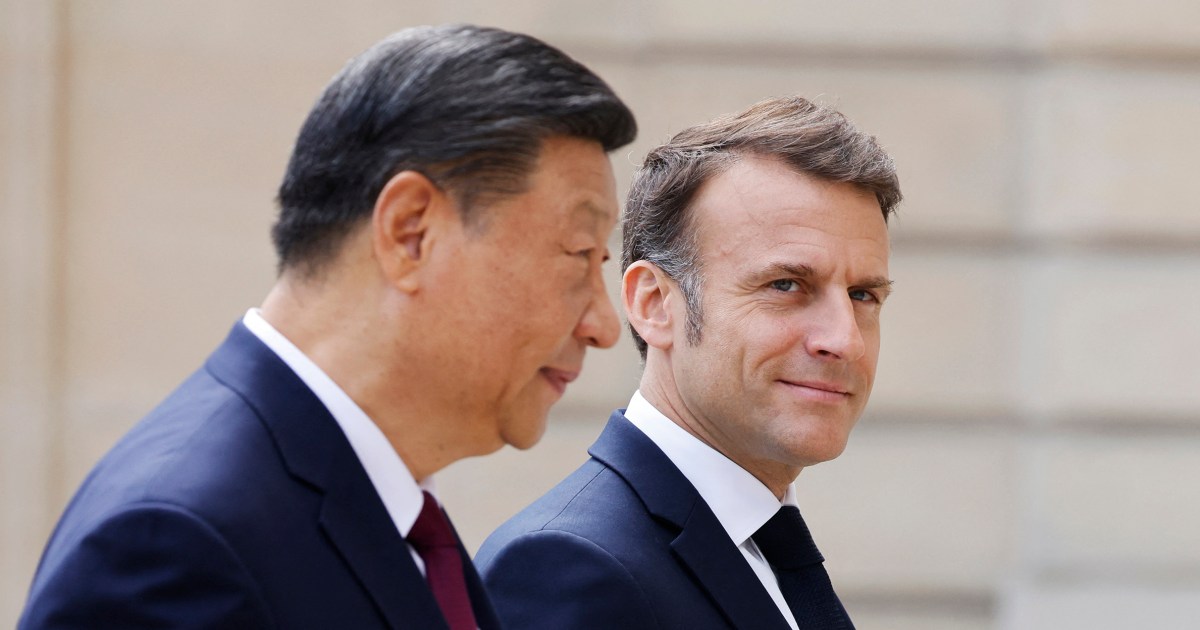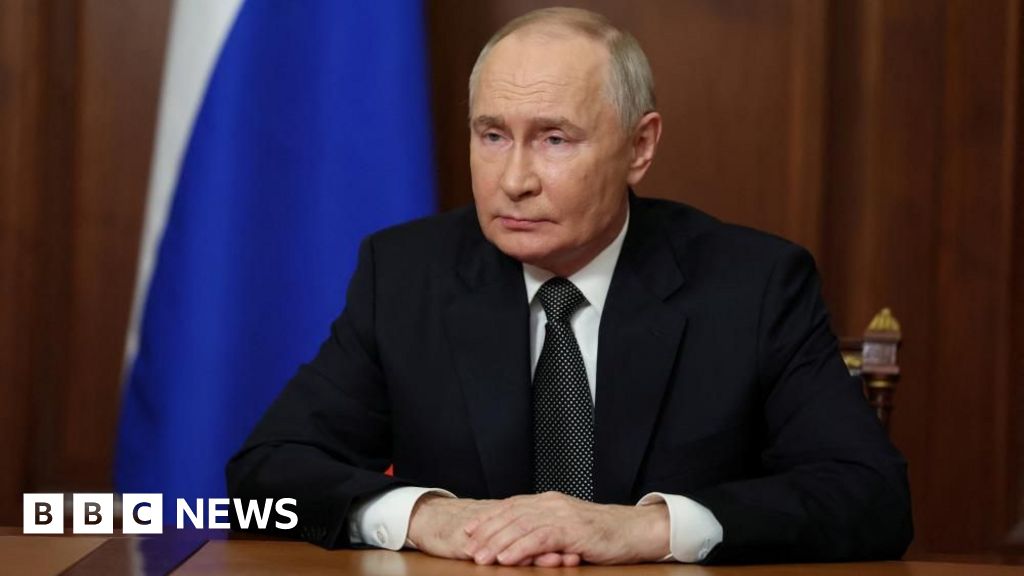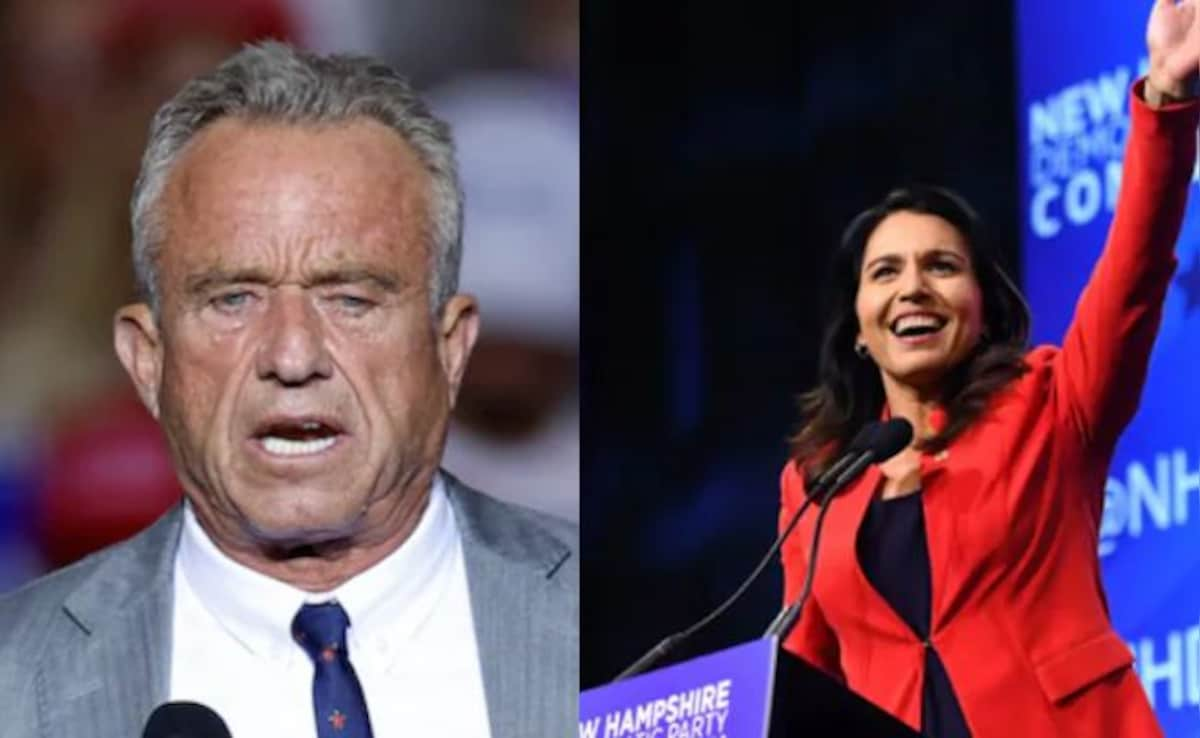World
US Polls 2024: When the novice outshined the master performer

Washington: Kamala Harris walked up to Donald Trump, extended a hand, introduced herself, pronouncing her name, a name he deliberately mispronounces, and said, “Have a good debate.” And in that moment, she wrested the initiative from a man who has thrived on dominating the stage and whose political success has been driven by knowing how to appeal to television audiences.
It isn’t clear if the presidential debate will end up persuading swing voters in swing counties of seven swing states — on whom the future of the world order and future of America depends — in either direction. But there is widespread perception, even among Trump supporters, backed by instant media polls, that Harris carried the evening.
And that itself would help her with voters who weren’t quite sure if she could hold her own, think on her feet, and had the ability to take on the former president. This perception was compounded by Harris’s reluctance to do media interviews and the relative absence of unscripted performances. Just showing herself to be smart and competent and in command of her facts and arguments may well have been her big achievement of the big night.
And the reason Harris was able to score on Tuesday lies in perhaps what a fervent Harris supporter and close associate had told HT at the Democratic convention in Chicago in August. “We have seen Trump since 2016, we have studied him, we have watched his videos, we know his tricks, and we know how to play his game and beat him at it.”
Here are five elements of Harris’ approach on Tuesday that suggest that her team’s preparation and careful study of Trump worked.
One, she baited him by playing on his obsessions.
Trump likes patting himself on the back for the size of the crowds at his rallies; Harris mocked him for speaking of fictional characters and suggested that people left his rallies early due to boredom and exhaustion. Trump likes projecting himself as an incredibly strong national security leader; Harris instead called him weak, among the worst possible adjectives in Trump’s dictionary, and claimed that military leaders who had worked with Trump had told her he was a “disgrace”.
Trump takes great pride in his relationships with leaders of Russia, China and North Korea; Harris told Trump autocrats liked him because they could manipulate him with flattery and favours. All of these may sound like regular debating points but it appeared to throw Trump off his game as he went on to even longer meandering answers than usual to defend himself, and digressed from the issues at hand.
Two, she didn’t walk into the traps he laid.
From the very beginning, the former president sought to get Harris to talk about issues that may give him the opening to distract her from her core message. Trump called her a Marxist and said her father was a Marxist who taught her well; Harris gave a disdainful look and ignored it totally.
He repeatedly insulted Joe Biden perhaps in an attempt to draw her into defending him and turning the debate into one about his record; she ignored it and only said, at one point, he was contesting against her and not Biden. He called her the worst vice president in history; she let it pass, ensuring that it didn’t become a debate about her record in the current administration and instead the focus remained on her future plans.
Three, on the issued that could have become her biggest weaknesses, she stuck to a disciplined message.
On the economy, where the cost of living crisis is hurting people, Trump seemed unable to cast her as the problem despite the fact that she was a part of the administration. Instead, in the very first answer, she laid out three policy measures she would take to help deal with the crisis — support for home ownership, an increase in child tax credit, and support for small businesses — and instead turned the discussion on Trump’s tariffs and its inflationary impact.
On immigration, where his campaign has constantly cast her as the “border czar”, Harris was able to remind the audience that Trump was the one who got Senate Republicans to block a bipartisan border bill that they had agreed on and suggested he wanted to run on a problem rather than fix it.
And on the American exit from Afghanistan, arguably the biggest foreign policy disaster of the Biden presidency, Harris took credit for ending the war and claimed that American troops weren’t in combat in the world for the first time this century: she also turned the discussion back to Trump’s own negotiations with Taliban and how, despite his self image as a dealmaker, he had struck a bad deal.
Any of these issues could have ruined Harris’s night. Just the fact that she was able to ensure Trump didn’t score a clean victory over her was, in the zero sum game that is a debate, a win for her.
Four, she played to her strengths.
Trump has two big vulnerabilities. The first is abortion, an issue on which Harris spoke passionately by bringing alive human stories of suffering that abortion bans had introduced. She directly laid the blame for this suffering on Trump, leaving him visibly unsettled.
The second is January 6, an issue on which moderators asked him if he had regrets. When Trump refused to acknowledge either the fact that he had lost the 2020 election or his role in encouraging the mob to attack the US Capitol, and instead seemed to defend the rioters, Harris found her moment to attack him on subverting the constitution and democracy. The fact that she was present in the Capitol on that day lent her voice particular authority.
And finally, Harris claimed the centrist space, attacking Trump from what has broadly been the American mainstream political position.
That is why she said she backed fracking, a key industry in a swing state such as Pennsylvania where the debate was taking place, while expressing support for clean energy and recognising the climate crisis. That is why she cited Goldman Sachs and Wharton, the quintessential symbols of American corporate world, as validating her economic plans or critiquing that of Trump.
That is why she reiterated her commitment to ensuring a lethal fighting force for America, respecting the military, taking on China, supporting Israel, battling the climate crisis while protecting American industries; all these are strong middle of the road positions clearly meant for voters skeptical of Harris’s past progressive credentials. But they also had a way of preempting and thus delegitimising Trump’s line of attack against her of being a radical.
But Harris’s real win on Tuesday was that for the duration of the debate, the audience may well have forgotten she was a part of the currrent establishment seeking a term in office again, albeit at the top of the ticket, against a challenger. Instead, she cast Trump as the incumbent responsible for America’s ills, framed herself as a next generation challenger with new plans, and made a plea for turning the page and not going back. It was not till his closing statement that Trump raised the obvious question: Why had she not implemented these plans for three-and-a-half years?
The American electorate may still send Donald Trump back to the White House. But on Tuesday, Kamala Harris did give the undecided voters enough to think about when they cast their vote, with a more than credible performance, overwhelming the ultimate showman in the performative theatre that is American politics.










